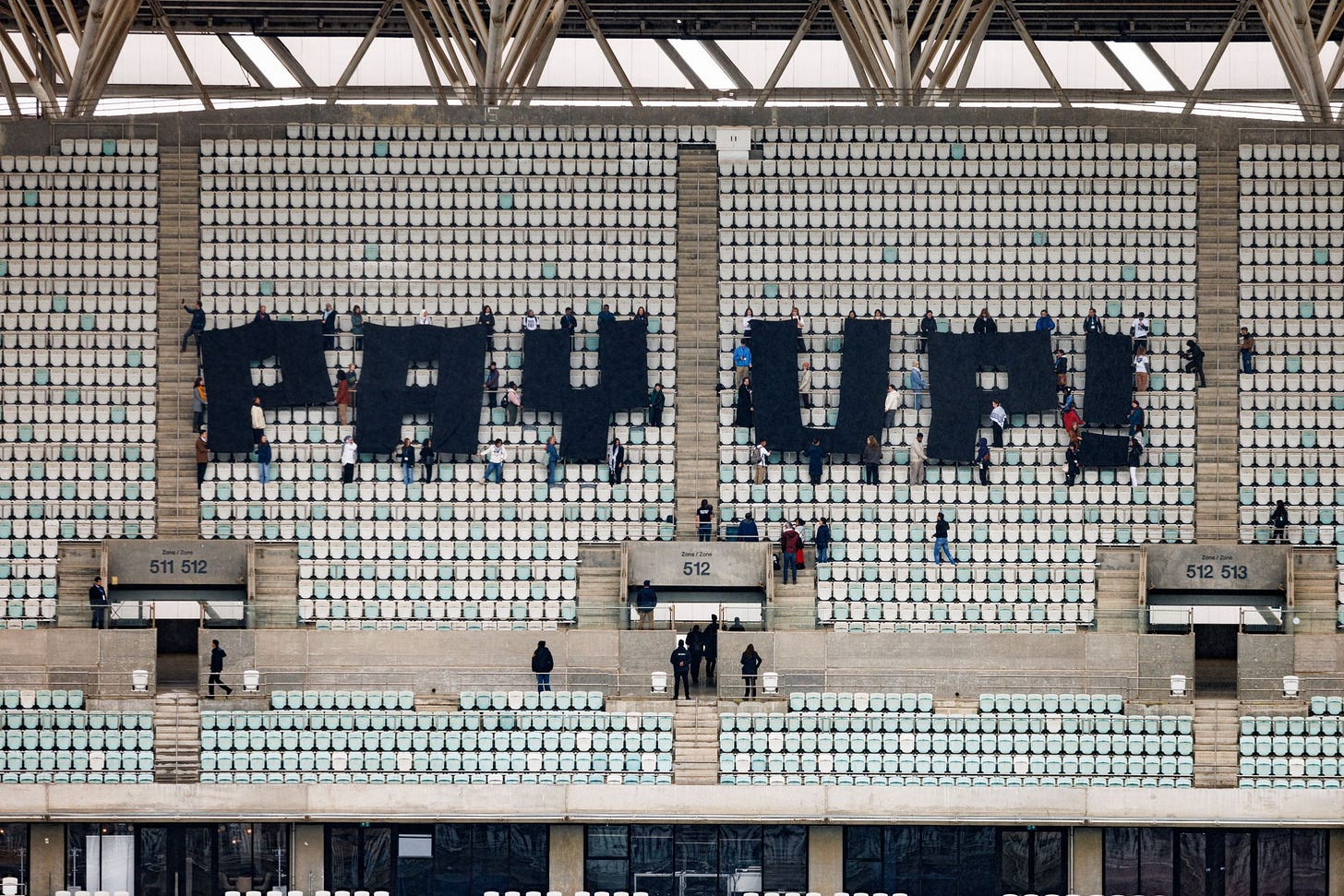COP out in Baku?
A look at the contentious issues on the table at this week's UN climate negotiations.
As world leaders gather in Baku, Azerbaijan, for COP29, dubbed the “Finance COP,” the stakes for the planet have never been higher. The latest UNEP report shows the world is on track for a catastrophic 3.1°C warming.
Over 190 countries are negotiating a new global climate finance goal, called the New Collective Quantified Goal (NCQG), which will replace the $100 billion target set in 2009.
In this week’s Bulletin, we look at the contentious issues being discussed at the negotiating table.
Climate equality goes mainstream. In his opening remarks at the summit, UN Secretary-General António Guterres – who quoted stats from Oxfam’s latest climate inequality research - made it clear that “the rich cause the problem, the poor pay the highest price”. Oxfam’s research has also been discussed in the European parliament.
The message at this year’s COP is clear: without adequate climate finance, meaningful climate action is impossible. Rich countries are responsible for providing this finance, given their significant role in causing the climate crisis.
The contentious issues in finance negotiations
Expanding the contributor base. Rich countries are pushing to include emerging economies like China and Saudi Arabia as contributors, arguing that the global economic landscape has changed since the early 90s. However, civil society and Global South countries resist this, emphasizing the historical responsibility of rich countries, who have yet to meet their $100 billion annual commitment for 2020-2025.
The role of carbon markets. There’s an ongoing debate about the role of carbon markets in climate finance, with concerns about their effectiveness in reducing emissions and the potential for greenwashing. Rich countries advocate for recognizing carbon market finance as climate finance, a move criticized for not directly reducing emissions and perpetuating inequality. Article 6, which supports carbon trading, is seen as giving polluters a free pass.
Public vs. private finance. Rich countries are pushing for an increased role of private finance to address the climate crisis. However, civil society and Global South countries argue the need for significant public finance, as private finance is often profit-driven and insufficient for adaptation needs- and is in often in the form of loans, adding to the debt crisis.
Clinging to hope. The money is available – taxing the wealth and income of the richest can raise trillions of dollars. Special Drawing Rights (SDRs) can also fill the gap in climate finance (read a brilliant explainer on this here). There is hope that the G20 meeting in Rio next week will produce a way forward for a global agreement to fairly tax the super-rich.
Something on inequality to read and listen to
Read Fiona Harvey’s piece in The Guardian who ranks which climate finance ideas are most likely to work.
Listen to the latest Equals podcast episode with Meena Raman, a veteran activist and Head of Programs at Third World Network. We explore the pressing $5 trillion climate debt, the call for reparations, and the main obstacles in climate finance negotiations.
Read “How Inequality is Destroying Mental Health” by the brilliant Kate Pickett and Olivier de Schutter.




